Russia wants Serbia as "regional energy leader"
Russia wants Serbia to become an energy leader in the Balkans, Russian Ambassador to Serbia Aleksandr Konuzin stated on Thursday in Belgrade.
Thursday, 17.03.2011.
17:20

Russia wants Serbia to become an energy leader in the Balkans, Russian Ambassador to Serbia Aleksandr Konuzin stated on Thursday in Belgrade. He noted that this would be "in both our countries' interests", and that it could be the central topic of the talks between Russian Prime Minister Vladimir Putin and his Serbian hosts during Putin's visit to Belgrade next week. Russia wants Serbia as "regional energy leader" Konuzin pointed out that in addition to the field of energy, the talks would also focus on economic topics. Russia is aware that Serbia wants to hear how the South Stream pipeline project would be realized and Putin will inform Serbian officials about the preparations, Konuzin told reporters at the Belgrade Faculty of Political Sciences where he delivered a lecture. Putin's forthcoming visit is another step in the series of intensive contacts between the two countries, Konuzin said. He added that Russian President Dmitry Medvedev visited Serbia in October 2009, and expressed expectation that Serbian President Boris Tadic would visit Russia this year. The ambassador stated that Russian Foreign Minister Sergei Lavrov is expected to visit Belgrade in April, while Defence Minister Anatoly Serdyukov also plans a Serbia trip. Russian Minister of Emergency Situations Sergei Shoigu will also arrive in Belgrade, according to Konuzin. Shoigu serves as the co-chair of the joint committee for commercial, economic, scientific and technical cooperation between the two countries. The Russian ambassador pointed out that Putin's visit to Belgrade on March 23 will not be related to the anniversary of the beginning of the 78 days of NATO attacks against Serbia, which took place in 1999. Russia does not consider NATO an enemy, the diplomat told his audience today, and stressed that a threat posed by the western military alliance is not mentioned in Russia's military doctrine. "The document does say that Russia is threatened by NATO's aspiration to, in the process of transformation, give itself the role to implement force in any part of the world violating international law norms," Konuzin concluded. Aleksandr Konuzin in Belgrade today (FoNet)
Russia wants Serbia as "regional energy leader"
Konuzin pointed out that in addition to the field of energy, the talks would also focus on economic topics.Russia is aware that Serbia wants to hear how the South Stream pipeline project would be realized and Putin will inform Serbian officials about the preparations, Konuzin told reporters at the Belgrade Faculty of Political Sciences where he delivered a lecture.
Putin's forthcoming visit is another step in the series of intensive contacts between the two countries, Konuzin said.
He added that Russian President Dmitry Medvedev visited Serbia in October 2009, and expressed expectation that Serbian President Boris Tadić would visit Russia this year.
The ambassador stated that Russian Foreign Minister Sergei Lavrov is expected to visit Belgrade in April, while Defence Minister Anatoly Serdyukov also plans a Serbia trip.
Russian Minister of Emergency Situations Sergei Shoigu will also arrive in Belgrade, according to Konuzin. Shoigu serves as the co-chair of the joint committee for commercial, economic, scientific and technical cooperation between the two countries.
The Russian ambassador pointed out that Putin's visit to Belgrade on March 23 will not be related to the anniversary of the beginning of the 78 days of NATO attacks against Serbia, which took place in 1999.
Russia does not consider NATO an enemy, the diplomat told his audience today, and stressed that a threat posed by the western military alliance is not mentioned in Russia's military doctrine.
"The document does say that Russia is threatened by NATO's aspiration to, in the process of transformation, give itself the role to implement force in any part of the world violating international law norms," Konuzin concluded.










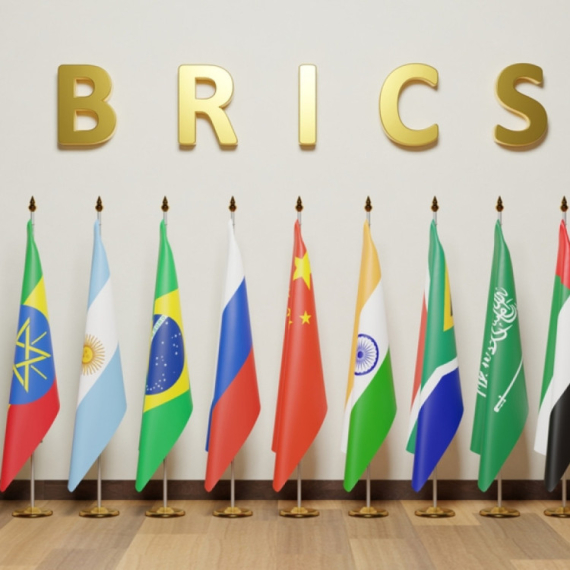


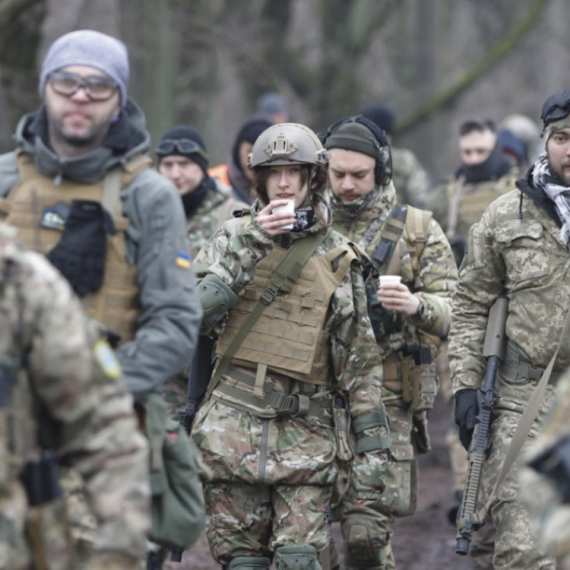

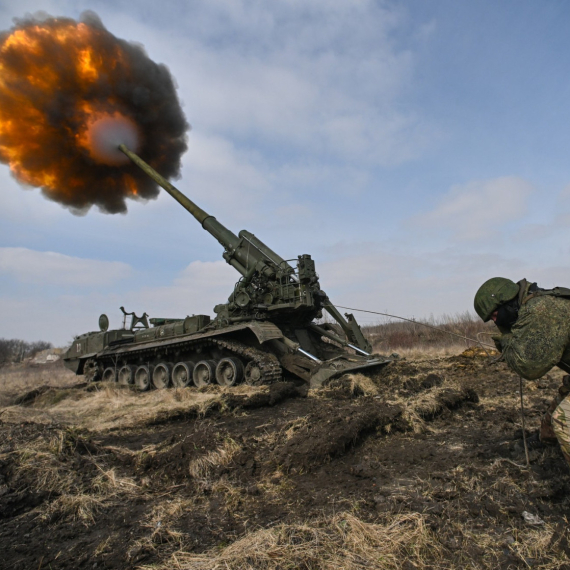

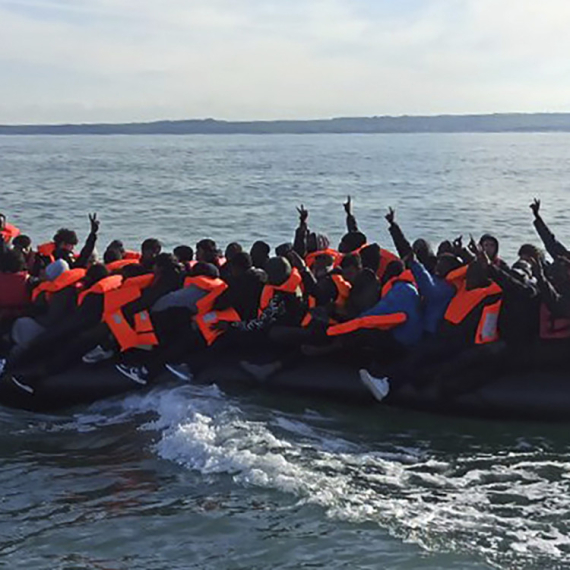































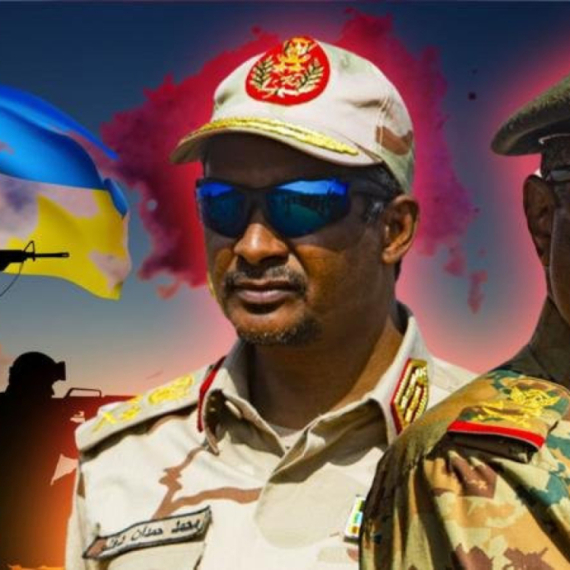

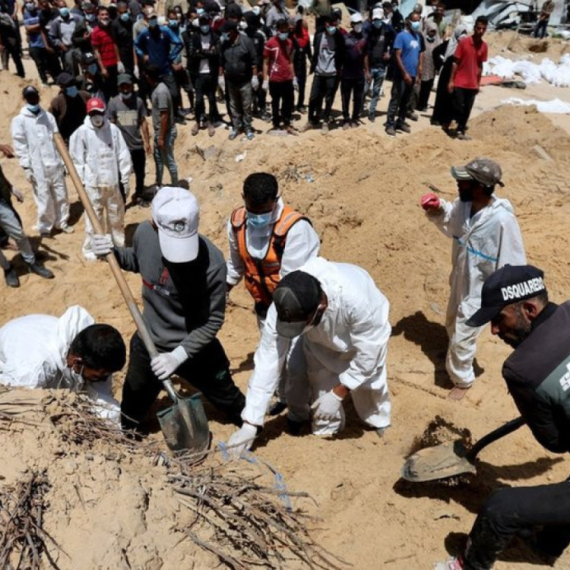

Komentari 8
Pogledaj komentare